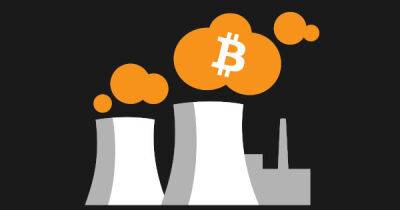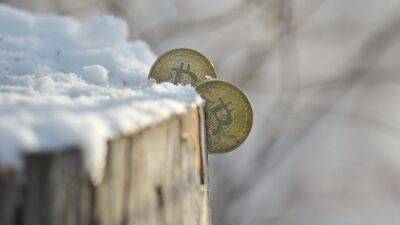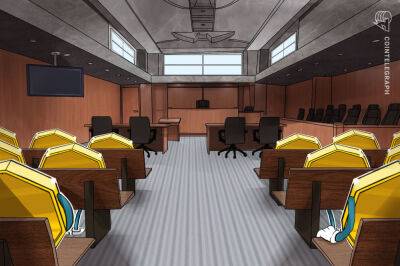BP accused of dumping industrial waste on to marine protected area off Shetland
BP has been accused of dumping industrial waste at sea after deciding to drop thousands of tonnes of oil pipes in a legally protected marine wildlife zone in the Atlantic.
Confidential documents seen by the Guardian show the oil company sought approval to drop 14 pipes and control cables 120 miles west of Shetland after deciding to finish drilling at the site.
It started dropping four days ago on to a marine protection area (MPA) after being given clearance by the UK’s decommissioning regulator last week.
The area is designated an MPA under international law because of its rare giant deep sea sponges, gravel ecosystem and ocean quahog, a very slow-growing mollusc. A type of clam, ocean quahog are one of the longest-living animals on Earth, and have been known to live for 400 to 500 years.
BP has been drilling there for 25 years, at depths of up to 600 metres, using a floating oil ship called the Petrojarl Foinaven, which is now going to be scrapped. The company also plans to drop all the ship’s steel mooring lines and anchors on the site, totalling 4,180 tonnes.
BP, which made £5bn in profits in the first quarter of 2022 on the back of a global surge in oil and gas prices, had originally applied to the regulator for approval to lower the 14 pipes and cables in a controlled manner.
But after a series of delays, those plans were repeatedly changed. It has now been allowed to release all the pipes where they join the ship, so they fall unguided on to the sea floor. Four have been released so far.
The riser cables are around 820 metres long and the umbilical cables up to 4.2km long; they weigh nearly 2,400 tonnes. A source with direct knowledge of the plans described the web of cables as being like a pile of “cooked spaghetti”, and
Read more on theguardian.com


















